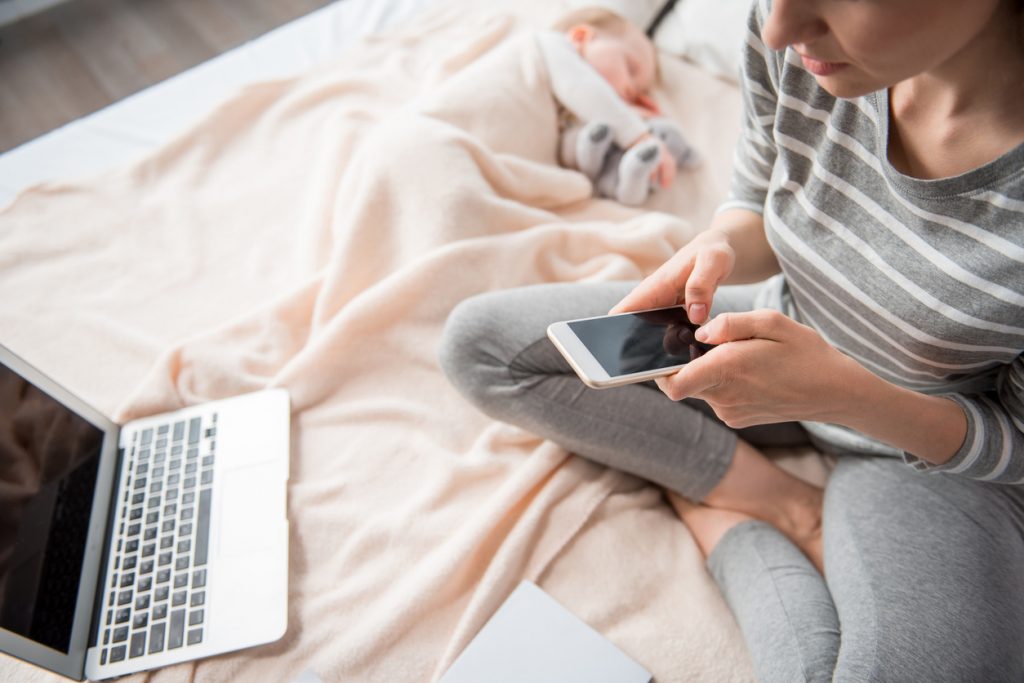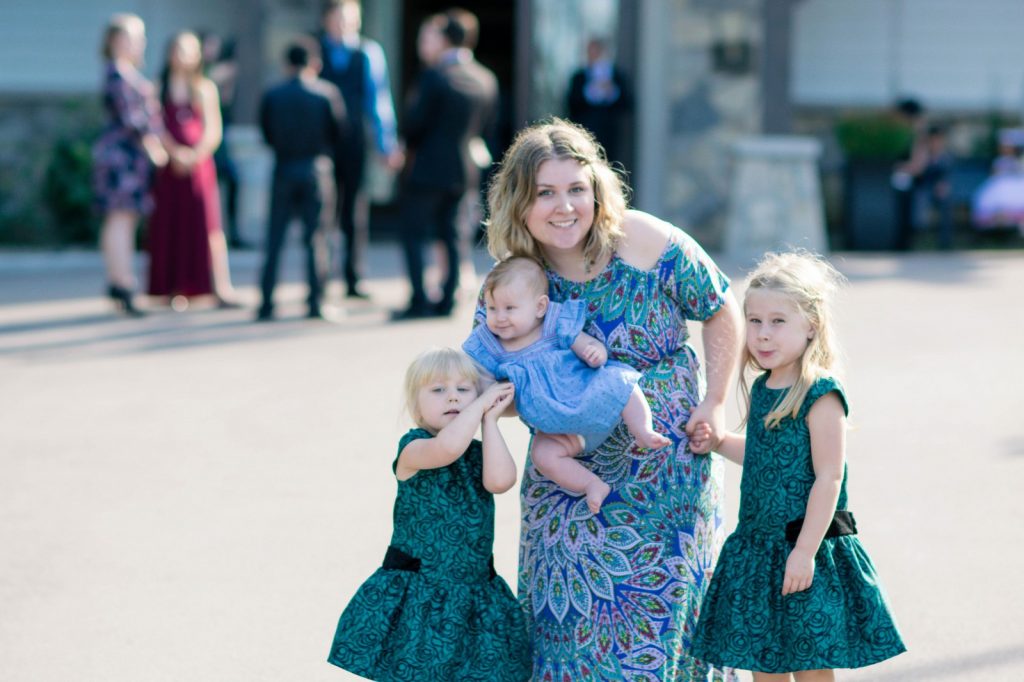Vulnerability Might Be a New Trend, But Should We Really Share As Much As We Do?

I first fell in love with Brené Brown, the famed “shame researcher” a few years ago, when I heard her TEDTalk The Power of Vulnerability.
Brown is pop culture’s favourite thinker, a woman who spends her life encouraging others to step out and embrace their imperfections. Literally, because she wrote a book titled The Gifts of Imperfection.
I’ve always devoured the wisdom of Brené Brown, as a writer who explores our vulnerable shared experiences through the medium of storytelling, I know what it is to be vulnerable to the masses. I’ve shared stories of my father’s abandonment in a national newspaper, penned online essays about assault, survival, and mental illness, all while embracing the idea that vulnerability is courage.
Over the years I’ve debated what parts of my story to share, and where to hold back. I’ve considered my children and what they’ll one day read, and also others that would be impacted by my truth-telling crusade.
In Brown’s book Daring Greatly, she talks about why she considers carefully the choice to be vulnerable in a public space. Brown says, “I only share when I have no unmet needs that I’m trying to fill. I firmly believe that being vulnerable with a larger audience is only a good idea if the healing is tied to the sharing, not to the expectations I might have for the response I get.”
This little nugget nearly knocked me off my feet when I read it.
I have done the exact opposite at times. Brown believes that being vulnerable is important, but she doesn’t place the expectation on vulnerability everywhere, to everyone.
That’s an important distinction to make, and something that sometimes gets lost in the message of vulnerability.
Everywhere we turn we see the downfall of vulnerability to the masses. Celebrities share honest images of themselves, or words that they’ve penned, only to be bombarded by negative feedback from fans and critics worldwide. On a microscopic level, we see this on social media when friends share their darkest thoughts to their 500 online friends, or when writers like me write an essay about their trials and triumphs.
It’s not that we should never share or be vulnerable, but Brown believes that we should weigh our expectations. Is the public sharing a part of our healing, or is it a request for validation?
Are we going to feel defeated and deflated by the responses we receive or have we worked through our issue enough to be secure in ourselves and the situation?
I would also add, do we have a network of support, and have we already shared these thoughts with our support? Working through our vulnerable thoughts in a safe space is the first step, far before we go online to share them.
As a mother, my story is intertwined with other, more vulnerable stories. My children are growing up and life is becoming more complicated. I’m starting to realize that posting something as simple as a Facebook status that references my kids is something I need to think twice about.
Vulnerability might be a new trend, but not all of us are comfortable or willing to share our full selves in a public forum. That doesn’t mean we need to shroud ourselves in the image of perfection but it also doesn’t mean we need to shed our skin and show our full selves either.
It’s a delicate balance, but the beautiful thing about storytelling is that you are the one in control of the telling.















